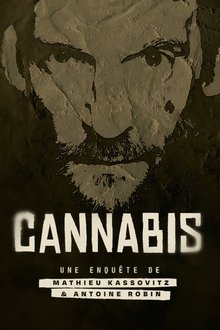Focuses on 1992 Nobel Peace Prize winner, Rigoberta Menchu, as she discusses the lack of human rights for the indigenous people of Guatemala and her commitment to the struggle for a more egalitarian society.
Related Movies
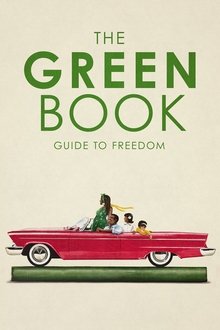
The Green Book: Guide to Freedom (2019)
In 1936, Victor H. Green (1892-1960) published The Negro Motorist Green Book, a book that was both a travel guide and a survival manual, to help African-Americans navigate safe those regions of the United States where segregation and Jim Crow laws were disgracefully applied.
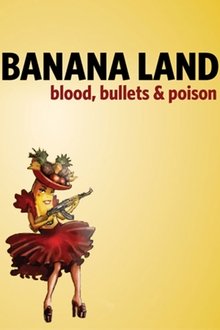
Bananaland: Blood, Bullets & Poison (2016)
For consumers, bananas are a delicious and nutritious start to the day, a healthy snack and a fixture in our fruit bowls. For millions of residents in the banana lands, the production of bananas means social upheaval, violence and pesticide poisoning. Banana Land explores the origins of these disparate realities, and opens the conversation on how workers, producers and consumers can address this disconnect.
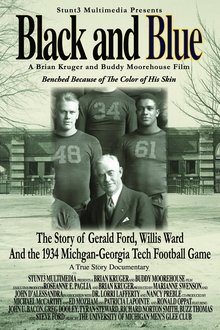
Black and Blue (2011)
When Georgia Tech came to Michigan in 1934, the Wolverines were forced to bench their best play, Willis Ward, because he was an African-American. The incident infuriated Ward’s best friend on the team, a future president by the name of Jerry Ford, who threatened to quit the team in response. The friendship that began in the Big House lasted all the way to the White House. This is the story of two schools, two friends, and a game that changed everything.

American Interior (2014)
Two men. Two quests. Two centuries apart. Four ways to experience the search for a lost tribe. Film. Book. Album. App.

Glimpses of Guatemala (1946)
We begin this short visit to Guatemala at the port town of Livingstone, then journey up the Rio Dulce. We stop to watch men tap the trees, harvest the sap, and load the product onto small planes. At a local market, we see indigenous life much as it's been for hundreds of years. Then it's back to the coast, to the prosperous Isla de Flores, a trading island.

The Issue of Mr. O'Dell (2020)
A documentary examining the life of civil rights organizer, Jack O'Dell, a close colleague of Dr. Martin Luther King, Jr. and a force in his own right.
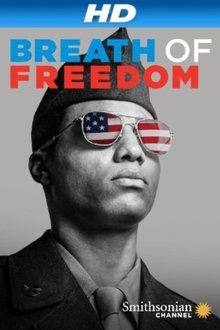
Breath of Freedom (2014)
In World War II. African-American GIs liberate Germany from Nazi rule while racism prevailed in their own army and home country. Returning home they continue fighting for their own rights in the civil rights movement.

Growing Native Great Lakes: Turtle Island (2018)
The Great Lakes and connecting waterways have remained the center of traditional and contemporary economies for centuries. Meet the Ojibwe and a tribe that was relocated to this region—the Oneida Tribe of Wisconsin who care for these lands. Natural resources are the Tribes’ main economy, including the famous Red Lake walleye and wild rice lakes.

Growing Native Alaska: People of the North (2018)
All across Alaska, Native cultures have depended on the abundant natural resources found there to support their families, cultures and way of life. Now these resources are growing scarce, and the people who have relied on them for centuries have to find new ways to adapt.

Growing Native Oklahoma: Red People (2018)
Oklahoma is home to thirty-nine federally recognized tribes. Nowhere in North America will you find such diversity among Native Peoples, and nowhere will you find a more tragic history. Host Moses Brings Plenty (Oglala Lakota) guides this episode of Growing Native on a journey through Oklahoma’s past and present.

The Sacred Food (2007)
A short documentary about the Ojibwe Native Americans of Northern Minnesota and the wild rice (Manoomin) they consider a sacred gift from the Creator. The film tells the Creation and Migration stories that are central to the tribe's oral history and belief system while showing the traditional process of hand-harvesting and parching the wild rice. Biotech companies are currently researching ways to genetically modify the rice and the community is fighting to keep it wild.
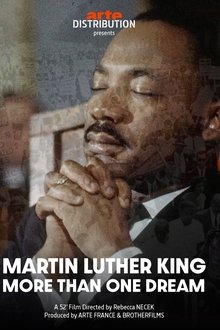
Martin Luther King: More Than One Dream (2022)
The real dream of the American pastor Martin Luther King was never limited to civil rights. He hoped for a just America, where poverty would no longer have a place. Social equality was for him the only guarantee of a true emancipation. During the last four years of his life, he mobilized all his energy to realize this "other dream". But there were many obstacles: he was scorned by white, racist America, abandoned by the political class, but also by some of his own people, who decided to turn their backs on the principle of non-violence.
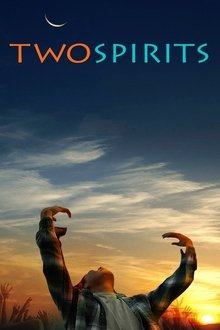
Two Spirits (2009)
Fred Martinez was a Navajo youth slain at the age of 16 by a man who bragged to his friends that he 'bug-smashed a fag'. But Fred was part of an honored Navajo tradition - the 'nadleeh', or 'two-spirit', who possesses a balance of masculine and feminine traits.

Black Power in America: Myth or Reality? (1986)
The film questions whether the Civil Rights Movement of the 1960s effectively changed the Black community, and American society more widely, and examines the notion of Black power itself. Greaves interviewed major Black leaders, such as Franklin Thomas, Clifton Wharton Jr., Eleanor Holmes Norton, and Lerone Bennett Jr. to present a candid take on issues within the African American community, revealing wider societal problems in America at large.

Halpate (2020)
Considered a staple of Florida tourism, alligator wrestling has been performed by members of the Seminole Tribe for over a century. As the practice has changed over the years, Halpate profiles the hazards and history of the spectacle through the words of the tribe's alligator wrestlers themselves and what it has meant to their people's survival.
